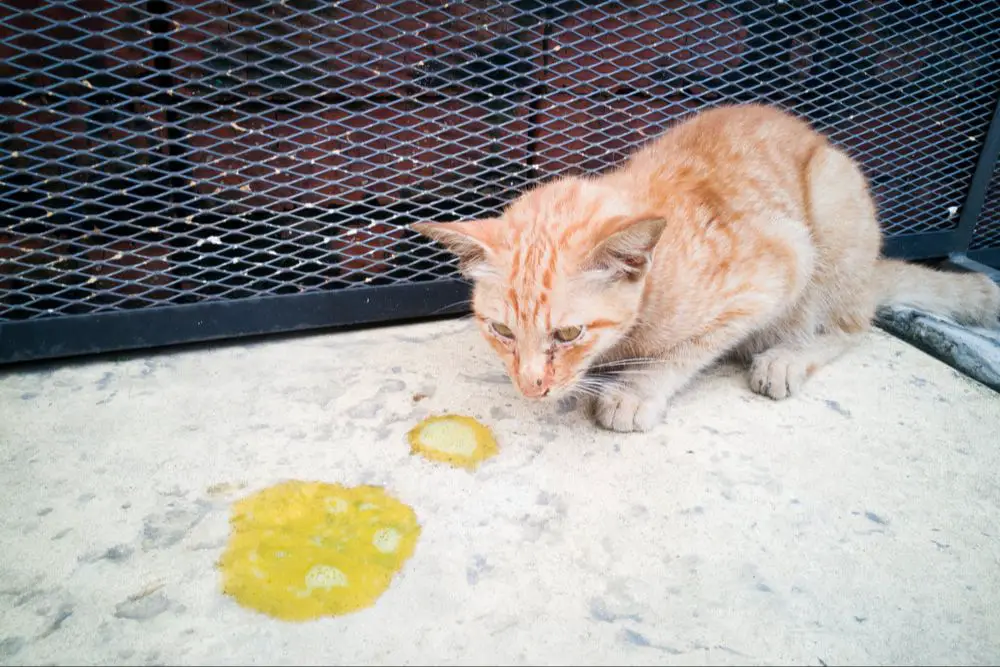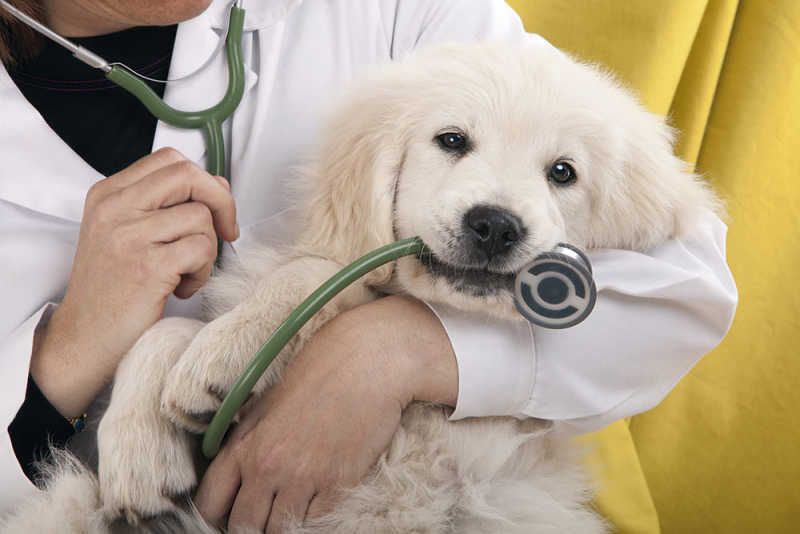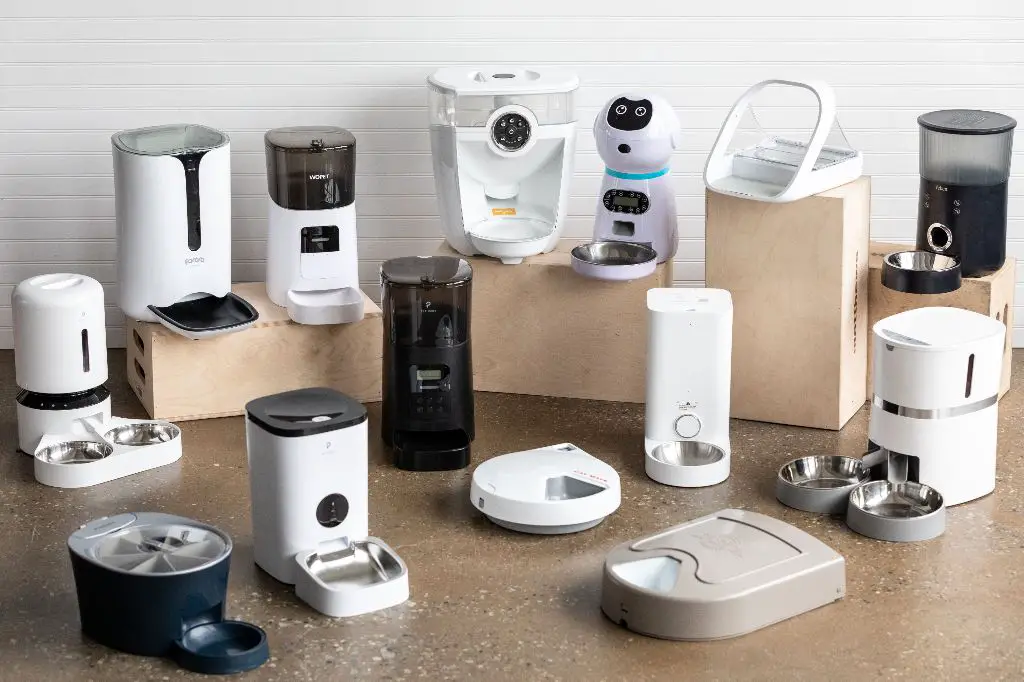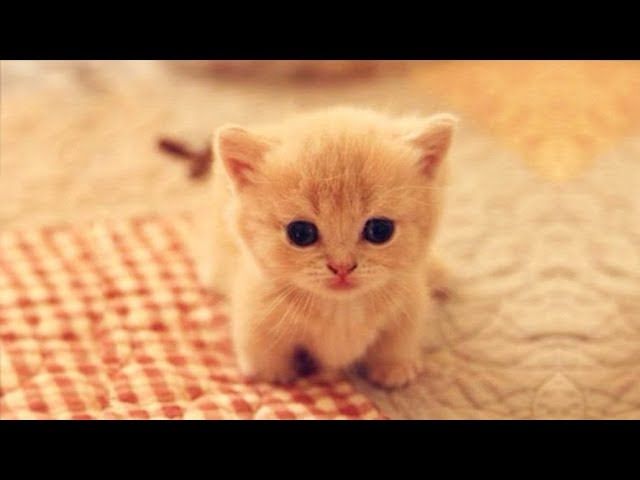Dogs can get sick from eating cat food because cat and dog foods are formulated to meet the specific nutritional needs of each species. Cat food is higher in protein and fat, and contains more calories per cup than dog food. It also contains different ratios of key nutrients like calcium, as well as additional nutrients like taurine that are essential for cats but not dogs. Eating cat food can upset a dog’s digestive system and cause gastrointestinal problems like vomiting and diarrhea. In some cases, it may also lead to more serious health issues like pancreatitis or nutritional deficiencies if fed long-term or exclusively. Understanding why dogs get sick from cat food and how to prevent it is important for any dog owner.
Differences Between Dog and Cat Food
Dog and cat foods are formulated to meet the specific nutritional needs of each species. The most significant differences are:
Protein – Cats require higher protein levels (typically 26-40% of calories) compared to dogs (18-25%). Cats are obligate carnivores and need high animal protein from meat, fish and eggs to thrive, whereas dogs can utilize plant proteins more efficiently.
Fat – Cat foods contain more fat (15-20% calories) than dog foods (8-15%). Cats have a higher energy requirement and use fat as a key nutrient.
Carbohydrates – Dog foods contain more carbs like grains, veggies and fruits since dogs can metabolize carbs more efficiently than cats. Cat foods are very low carb (less than 10% carbs).
Amino acids – Cats require higher levels of certain amino acids like taurine, arginine, methionine, and lysine. Taurine deficiency can cause heart and eye problems in cats.
Vitamins and minerals – Cat foods are enriched with vitamins and minerals cats need like vitamin A, B vitamins, arachidonic acid. Dogs have different requirements.
In summary, the higher protein, fat, and amino acid content make cat food generally unhealthier for dogs if fed consistently. Dogs do better with more balanced nutrition.
Source: https://www.meowmix.com/cat-care/difference-between-dog-and-cat-food
Some of the most common symptoms dogs show after eating cat food include:
Common Symptoms
Vomiting – Throwing up food or liquid is one of the earliest and most obvious signs of a problem. According to PetMD, vomiting is probably the most common symptom of food poisoning in dogs.

Diarrhea – Loose, watery stools that come on suddenly is another classic symptom. The diarrhea may contain blood and mucus. According to WebMD, diarrhea indicates the dog’s stomach and intestines are irritated and inflamed.
Lethargy – A lack of energy or unwillingness to move around is common. The dog may seem more tired than usual and not want to play or go for walks.
Excessive thirst – The dog may drink much more water than usual as the body tries to replenish lost fluid from vomiting and diarrhea.
Loss of appetite – The dog is likely to lose interest in food and not want to eat. This is the body’s natural response when nauseous.
Stomach pain – The dog may whine, whimper or cry out when the belly is touched, indicating discomfort and abdominal pain.
How Long Symptoms Last
Symptoms from a dog eating cat food typically last 12-24 hours on average, though they can persist longer depending on factors like the dog’s size and how much cat food was consumed.
Small dogs tend to experience symptoms for a longer duration than larger breeds, as their smaller size makes them more sensitive to the higher protein and fat content in cat food. Puppies also may have lingering symptoms for 24-48 hours.
Additionally, the amount of cat food eaten impacts duration. Consuming just a bite or two may cause diarrhea for 12-18 hours. But eating a large amount of cat food, like an entire bowl, can lead to vomiting and diarrhea for 24 hours or more as the dog’s system has more to digest and expel.
Other circumstances can prolong symptoms too. Underlying conditions like gastrointestinal disease may make dogs more prone to long-lasting diarrhea or vomiting after eating cat food.
Overall, most dogs recover within a day or so. But if symptoms persist for over 48 hours or appear severe, consult a veterinarian right away.
When to See the Vet
In most cases, a dog eating cat food will only experience mild digestive upset like vomiting or diarrhea. However, there are some warning signs that warrant an urgent vet visit:
Seek immediate veterinary care if you notice blood in your dog’s stool after eating cat food. This indicates irritation or damage to the GI tract that requires treatment. Blood in the stool can also be a sign of a blockage, especially if your dog is repeatedly vomiting as well.

You should also visit the vet right away if your dog shows signs of extreme lethargy or weakness after eating cat food. Lethargy paired with vomiting or diarrhea could signal dehydration or other complications that need medical intervention.
Additional red flags include a distended or painful abdomen, high fever, or signs your dog is having trouble breathing. These require emergency vet care to identify and address any underlying issues or reactions.
It’s always better to err on the side of caution if your dog seems ill after eating cat food. Call your vet right away if any concerning symptoms arise after the incident.
Treating Mild Cases at Home
If your dog has only mild symptoms like vomiting or diarrhea after eating cat food, you may be able to treat them safely at home. Here are some tips:
- Withhold all food for 12-24 hours to give their digestive system a rest.
- Slowly reintroduce small amounts of their regular dog food after this fast.
- Give foods like boiled chicken and rice or bone broth to help settle their stomach.
- Make sure they have access to fresh water to avoid dehydration.
- Monitor them closely for signs like vomiting, diarrhea, lethargy, or loss of appetite that persist or get worse. These require a vet visit.
- Avoid giving any medications without first consulting your vet.
With a day or two of rest, bland diet, and TLC at home, mild cases often resolve on their own. But if symptoms persist or seem severe, always contact your vet right away.
Preventing It From Happening Again
There are several effective ways to keep your dog from getting into the cat’s food and prevent this from happening again:
Use elevated feeding stations – Place your cat’s food bowls up high where your dog can’t reach them. Use surfaces like counters, shelves, or cat trees. You can also purchase special elevated cat feeding stations.
Use selective pet feeders – These are automated feeders that only open for the pet wearing the corresponding collar tag or microchip. This allows you to control access to the cat’s food.

Feed pets in separate rooms – Feed your dog in one room, shut the door, and then feed your cat in another room. This prevents access while they eat. Use baby gates to block doors if needed.
Supervise meal times – Stay with your pets while they eat and shoo your dog away if he tries approaching the cat food. This prevents sneaking food.
Pick up cat food promptly – Don’t leave cat food sitting out where your dog can get it. After your cat finishes eating, promptly pick up any leftover food so your dog won’t be tempted.
Use deterrents – There are anti-dog granules you can sprinkle around cat food that dogs dislike. Citrus smells can also deter dogs. Just make sure the deterrents won’t harm your cat.
Risks for Puppies/Small Dogs
Cat food poses greater risks for puppies and small dog breeds. This is because cat food is much higher in protein and fat compared to dog food. Puppies and small dogs have a faster metabolism and higher caloric needs than larger dogs.
However, their small digestive systems can easily be overwhelmed by the high protein and fat content in cat food. Eating cat food can put extra strain on their liver and kidneys leading to organ damage over time according to AKC.

Puppies also need a balanced mix of nutrients to support proper growth and development. The nutritional imbalance in cat food can impair this growth. Smaller dogs are at higher risk for obesity since they need less calories overall. The extra fat and calories in cat food can quickly lead to weight gain and obesity-related diseases.
For these reasons, it’s especially critical to keep cat food away from smaller, younger dogs whose health can be impacted to a greater degree than larger adult dogs. Monitoring their diet and providing age-appropriate dog food formulated for their size is key.
When Cat Food Might be OK
In very rare cases, cat food may be an option for dogs if strictly monitored by a veterinarian. According to PetMD, some veterinarians may recommend a temporary switch to cat food for dogs with certain health conditions like liver or kidney problems that require low-protein diets. Cat food tends to be higher in protein than dog food, so should not be fed long-term.
Additionally, senior dogs who have trouble chewing may do better on canned cat food since the pieces are smaller and easier to eat, according to AKC. However, this should also be closely monitored by a vet and supplemented with other foods to ensure the dog is getting balanced nutrition.
If you ever need to feed your dog cat food in an emergency situation, wet/canned formulas tend to be safer than dry kibble according to PetMD. But this should only be done in extreme situations for a very short time. Vets recommend gradually transitioning back to dog food and monitoring for any symptoms.
The bottom line is cat food should never be a permanent diet for dogs. But in very specific circumstances where medically necessary and supervised by a vet, cat food may be used sparingly to help manage certain health conditions in dogs. Monitoring for symptoms and gradual transitions are critical.
Conclusion
In summary, dogs should never be fed cat food on a regular basis. Cat food is high in protein and fat, which can lead to vomiting, diarrhea, and pancreatitis in dogs. While a small amount will not cause long-term issues for most dogs, eating cat food over an extended period can potentially be fatal. Puppies, small dogs, and dogs with underlying health conditions face the biggest risks.
If your dog accidentally eats some cat food, monitor them closely for 2-3 days for symptoms like vomiting, diarrhea, loss of appetite, and lethargy. Provide plenty of fresh water and bland foods like rice and chicken. Limit exercise and stimulants. Call your vet if symptoms last more than 24 hours or seem severe.
To keep your dog safe, store cat food securely out of reach. Never intentionally feed cat food to dogs. Feed dogs a balanced diet designed for their nutritional needs. While unpleasant, this incident can serve as a teaching moment to prevent future accidental exposure.

